Welcome to the enchanting world of perfume making, where aromatic artistry has captivated humanity for over 5,000 years. The history of perfume is a fragrant tapestry woven through ancient civilizations, revealing how scent has shaped culture, spirituality, and personal expression throughout time.
The Dawn of Perfumery: Ancient Mesopotamia and Egypt
The earliest traces of perfume making can be traced back to ancient Mesopotamia around 4000 BCE. Here, the world's first recorded chemist, a woman named Tapputi-Belatekallim, created perfumes using flowers, oils, and calamus through filtering and distillation processes. This pioneering work laid the foundation for what would become a sophisticated art form.
Ancient Egypt, however, truly elevated perfumery to divine status. Perfumes weren't merely cosmetic luxuries—they held profound spiritual significance. Egyptians believed scents were gifts from the gods and incorporated them into religious ceremonies, mummification processes, and daily life.
Sacred Rituals and Royal Indulgence
Egyptian perfumery served three distinct purposes:
- Religious offerings: Priests offered sweet scents to gods three times daily
- Embalming the dead: Perfumes ensured successful afterlife transitions
- Personal adornment: Daily use for hair and body scenting
The legendary Queen Cleopatra exemplified perfume's power, using exotic scents to enchant allies and assert authority. Her perfumes were crafted from precious ingredients like myrrh, frankincense, and rare flower oils extracted through meticulous processes.
Greek and Roman Refinement
As perfumery spread to ancient Greece and Rome, it evolved from sacred ritual to sophisticated luxury. The Greeks associated different scents with their deities—rose for Aphrodite, myrrh for Zeus—while developing advanced extraction techniques using various oils as fragrance bases.
Romans further refined perfume making techniques, creating complex scent blends and introducing glass containers for storage. They integrated perfumes into bathing rituals, public festivals, and social gatherings, making fragrance an essential part of civilized life.
The Islamic Golden Age and Medieval Transformation
During the Middle Ages, while perfume use declined in Europe, it flourished in the Islamic world. Muslim chemists like Al-Kindi and Avicenna made groundbreaking advancements in distillation techniques, enhancing fragrance quality and variety.
The Crusades became a fragrant bridge between cultures, with European knights returning home carrying knowledge of exotic ingredients like ambergris, musk, and jasmine. This cultural exchange revitalized European perfumery and set the stage for Renaissance innovation.
Renaissance Revival and French Elegance
The Renaissance marked perfumery's artistic rebirth in Europe. Italy, particularly Florence, became the epicenter of fragrance innovation, with the Medici family playing a crucial role in popularizing perfumes. Catherine de' Medici's marriage into French royalty brought Italian perfumers to France, establishing the country as a future perfume capital.
This period introduced alcohol-based perfumes, replacing traditional oil-based formulations. These lighter, longer-lasting fragrances made scents more accessible and desirable across social classes.
Cultural Significance Across Civilizations
Perfume making has always transcended mere aesthetics, serving as a powerful symbol of status, spirituality, and identity. In Hindu traditions, fragrances like sandalwood and jasmine purify sacred spaces and honor deities. Islamic cultures embrace oud and attar as expressions of cleanliness and divine connection.
Christianity incorporated frankincense and myrrh into religious ceremonies, while Buddhist practices use incense for meditation and mindfulness. These diverse traditions highlight perfume's universal role in connecting the earthly with the divine.
The Science Behind Ancient Techniques
Ancient perfumers were master craftsmen who developed sophisticated perfume making techniques that remain relevant today:
Distillation: Heating plant materials to capture aromatic oils through steam
Enfleurage: Layering fragrant flowers with fats to extract essential oils
Expression: Pressing fruits to collect fragrant oils
Maceration: Soaking materials in warm oils to extract fragrances
These methods required extensive botanical knowledge and patience, as ingredients needed careful selection and processing to achieve desired aromatic profiles.
Modern Legacy and Continuing Influence
Today's perfume making industry builds upon thousands of years of accumulated wisdom. While synthetic compounds now complement natural ingredients, the fundamental principles established by ancient civilizations remain unchanged. The art of balancing top, middle, and base notes, understanding ingredient interactions, and creating emotional connections through scent all trace back to these early pioneers.
Contemporary perfumers continue drawing inspiration from historical formulations, with many luxury brands recreating ancient recipes using modern techniques. This bridge between past and present ensures that the romantic allure of historical perfumery lives on in today's fragrances.
Conclusion
The history of perfume making reveals humanity's enduring fascination with scent as a form of artistic expression, spiritual connection, and personal identity. From Mesopotamian clay tablets recording fragrant formulas to Egyptian temples filled with sacred incense, from Greek philosophical treatises on aromatics to Renaissance innovations that shaped modern perfumery—each era has contributed to this magnificent olfactory legacy.
Understanding this rich heritage provides essential context for anyone embarking on their own perfume making journey. As we explore the techniques, ingredients, and artistry of contemporary perfumery in future posts, we carry forward the wisdom of countless perfumers who transformed simple botanical materials into liquid poetry that speaks directly to the soul.
Q: What was the first recorded perfume in history?
A: The first recorded perfumes date back to ancient Mesopotamia around 4000 BCE, where clay tablets documented recipes for fragrant oils. The world's first known perfumer was Tapputi-Belatekallim, a woman who created scents using flowers, oils, and calamus through filtering and distillation processes.
Q: Why were perfumes so important in ancient Egyptian culture?
A: Perfumes held sacred significance in ancient Egypt, serving three main purposes: religious offerings to gods (offered three times daily by priests), embalming the dead to ensure successful afterlife transitions, and personal adornment for daily life. Egyptians believed scents were divine gifts that connected the earthly world with the gods.
Q: How did ancient civilizations extract fragrances without modern equipment?
A: Ancient perfumers developed sophisticated extraction techniques including distillation (heating plant materials to capture aromatic oils through steam), enfleurage (layering flowers with fats to extract oils), expression (pressing fruits for oils), and maceration (soaking materials in warm oils). These methods required extensive botanical knowledge and patience but produced high-quality fragrances that influenced modern perfumery.









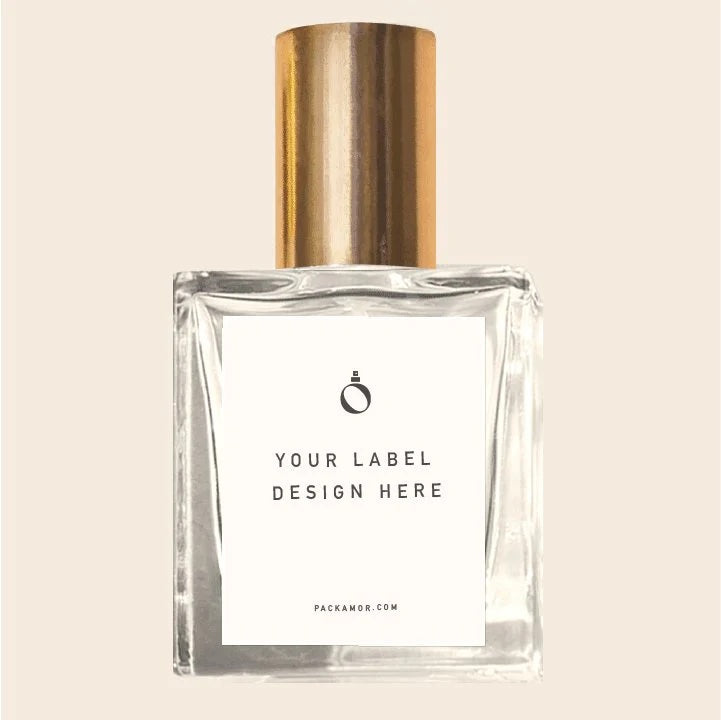
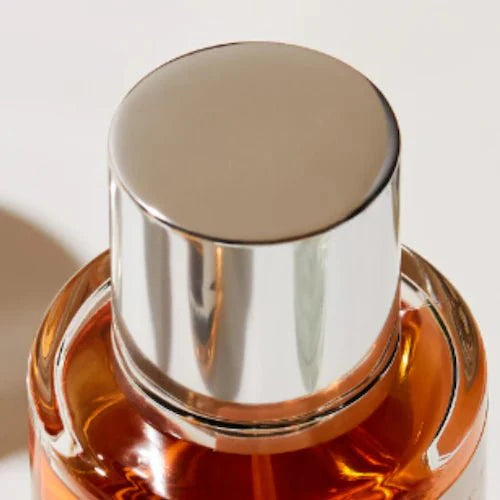
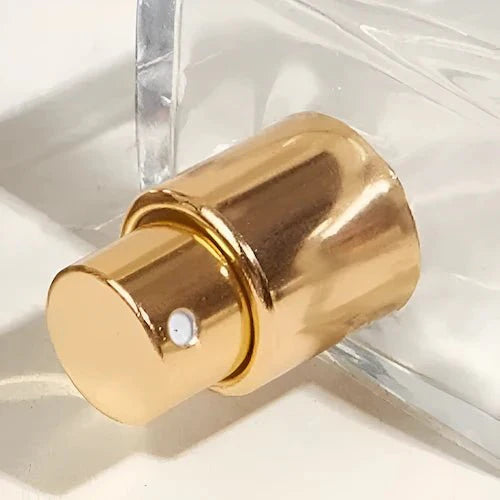
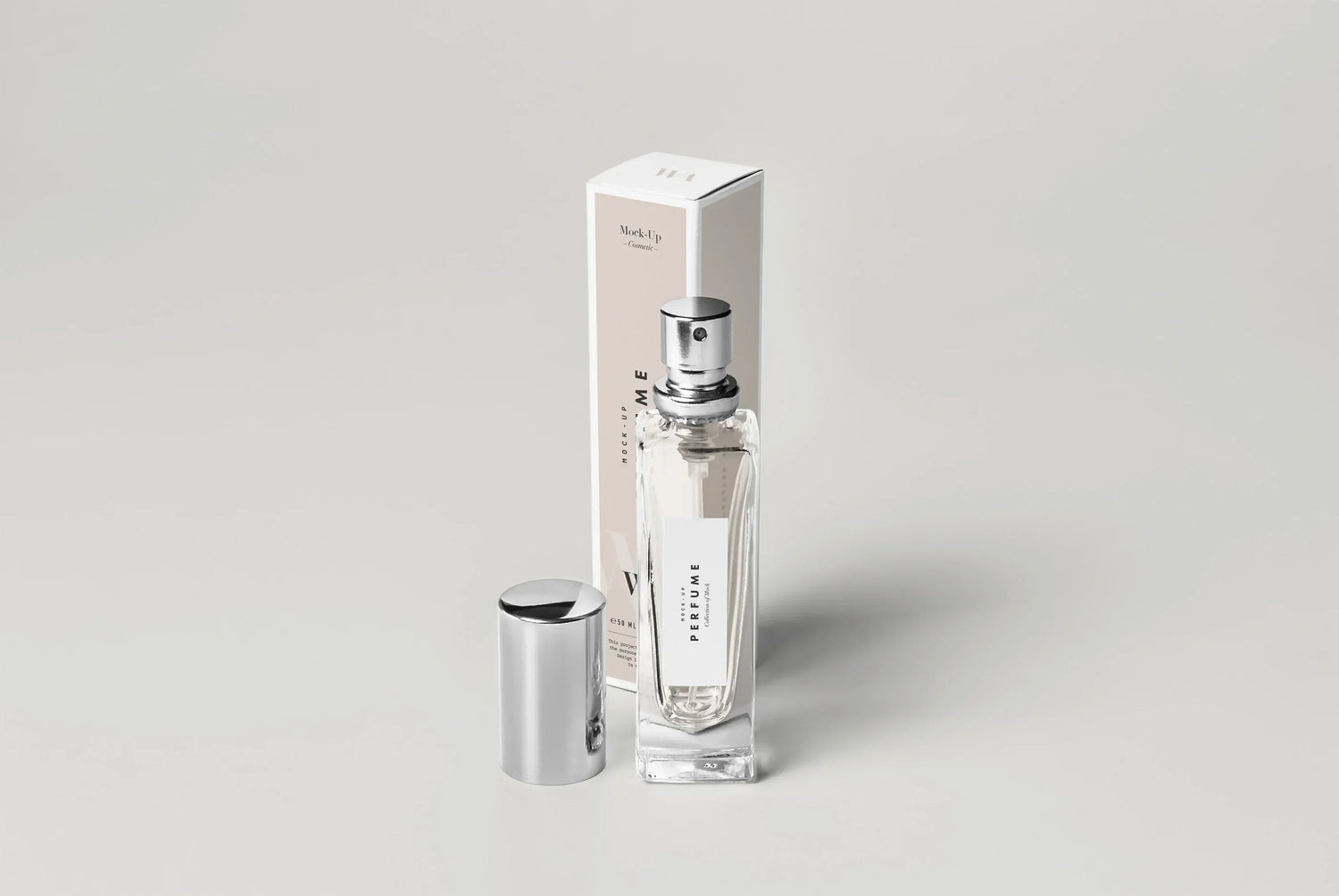
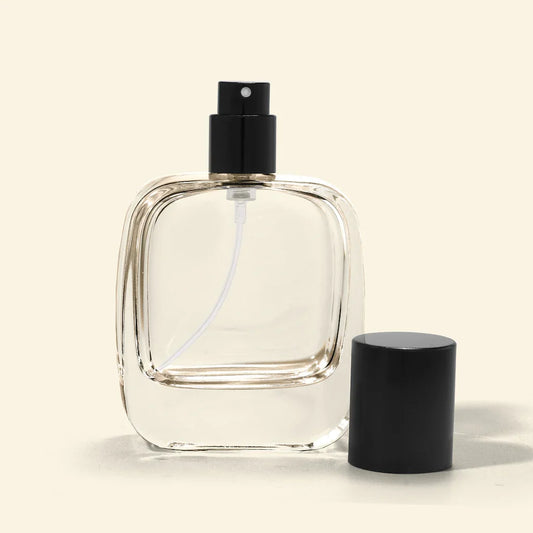
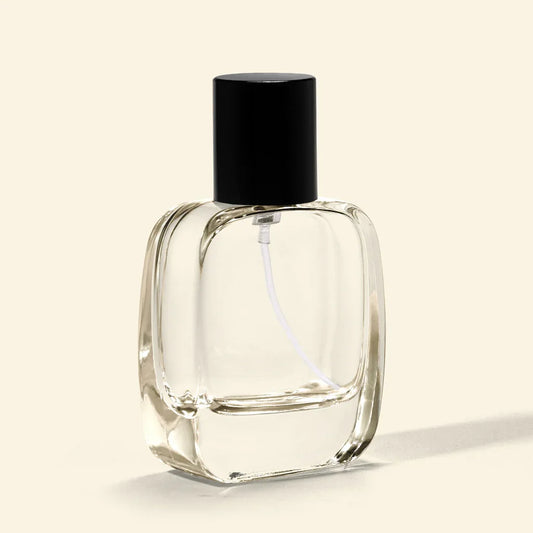
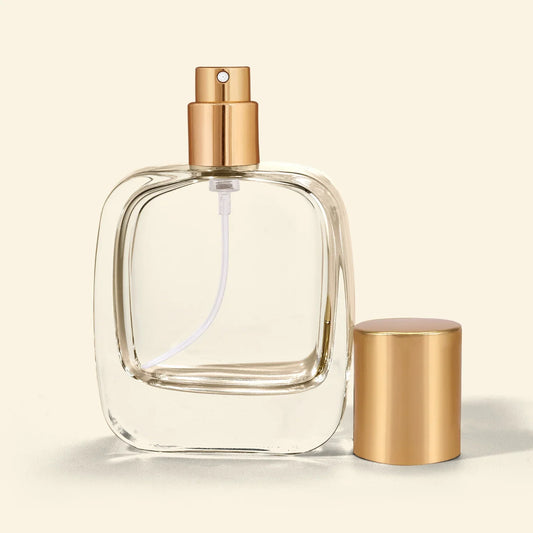
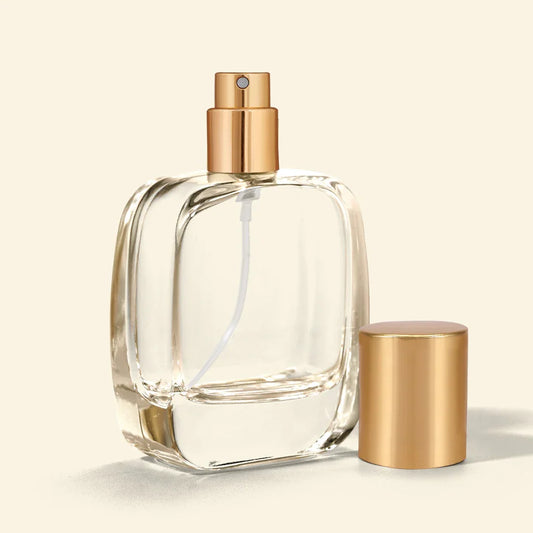
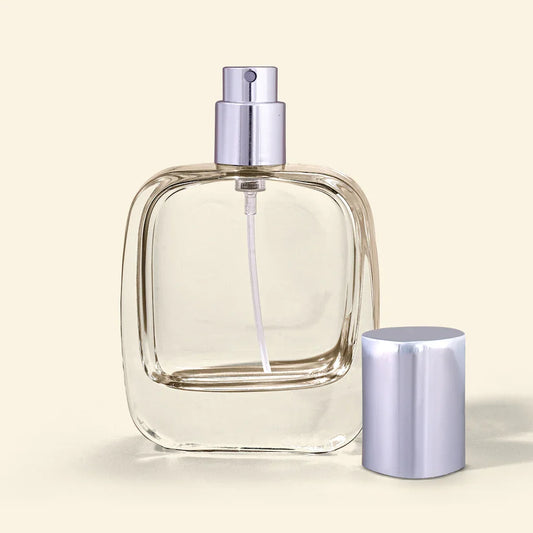
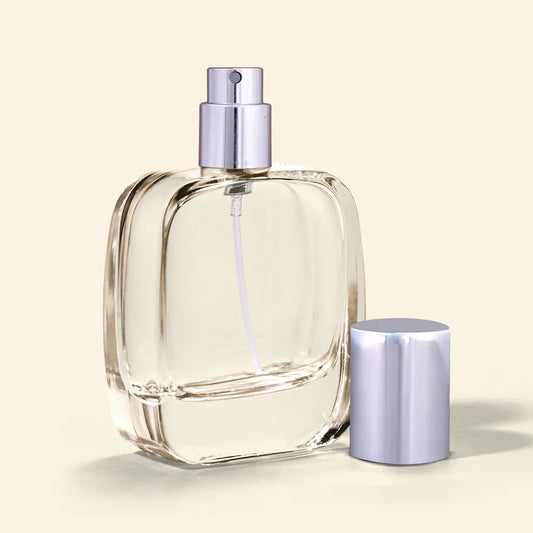
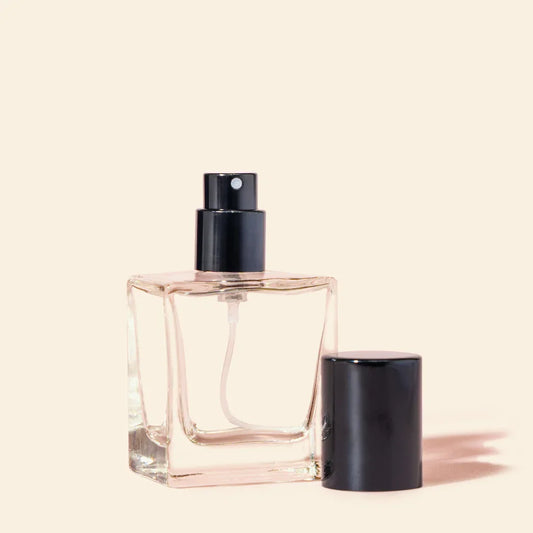
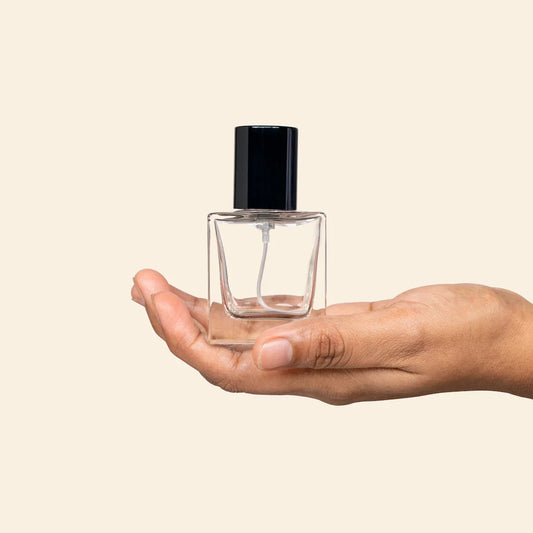
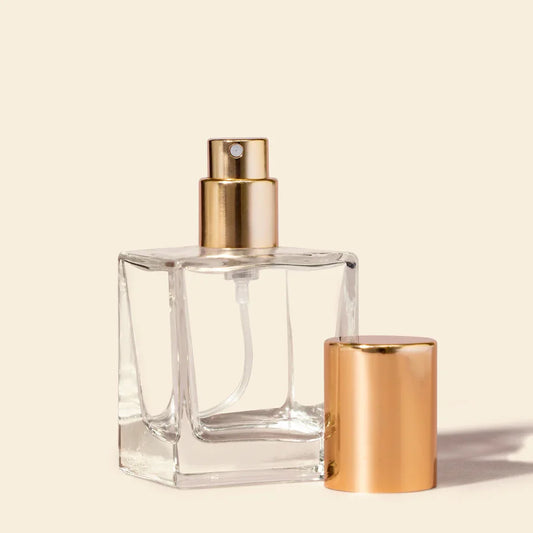
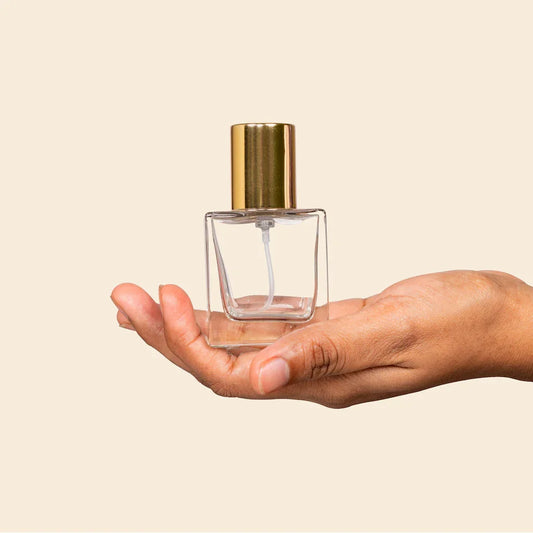
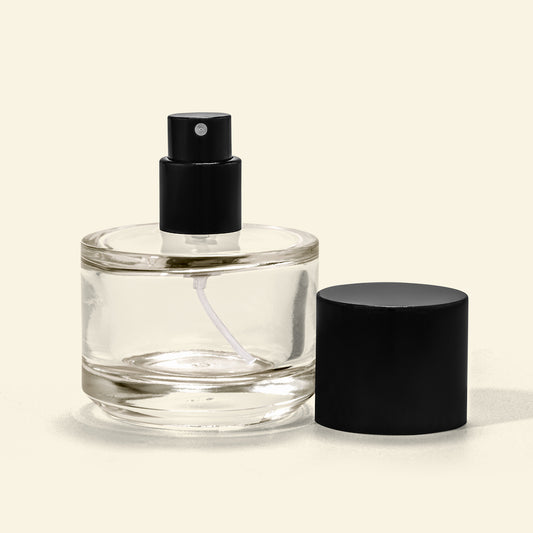
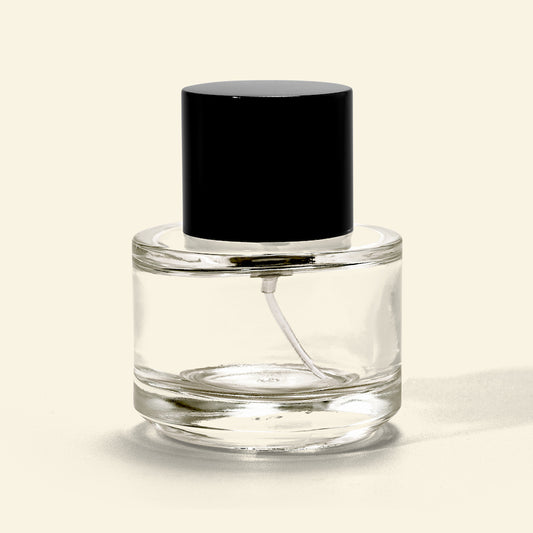
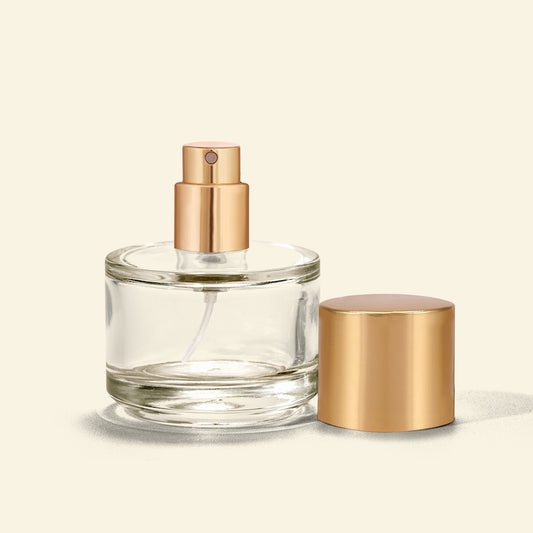
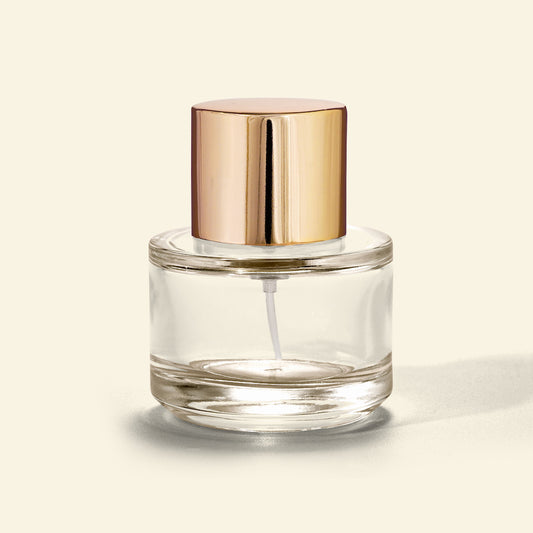
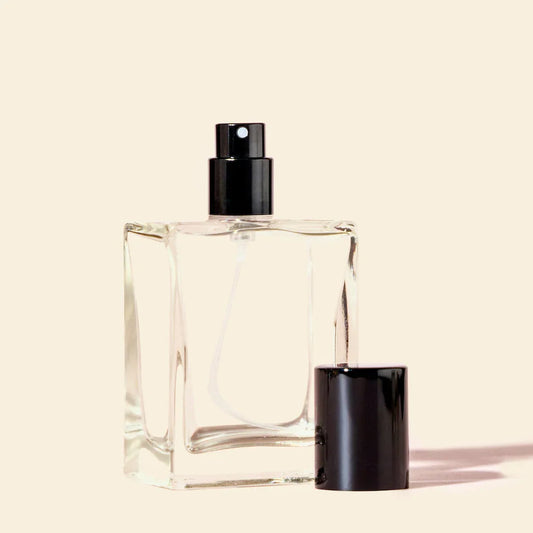
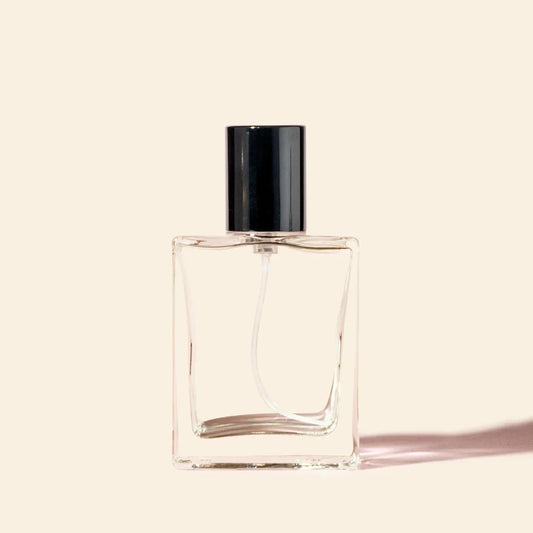
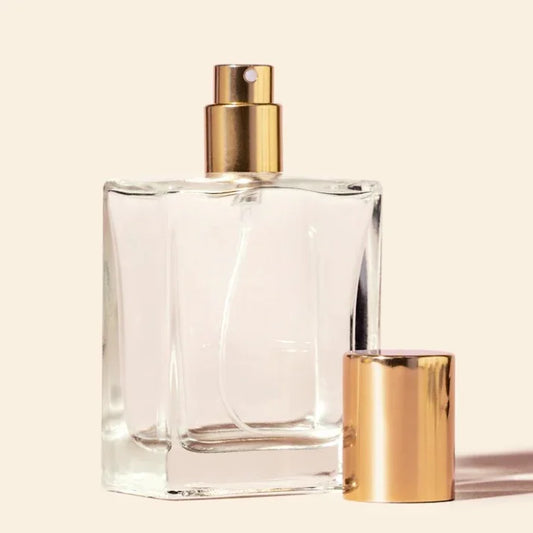
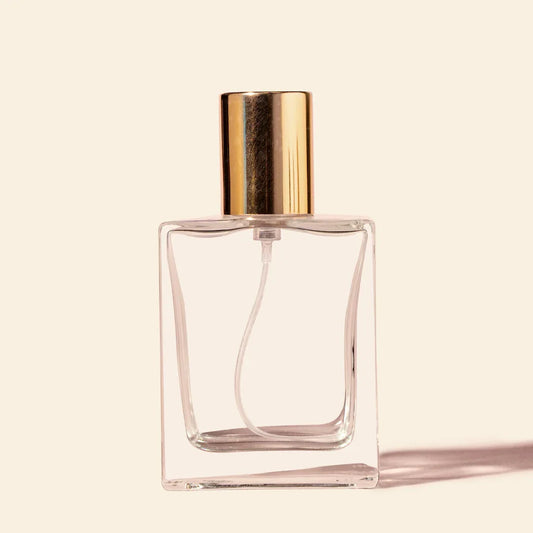
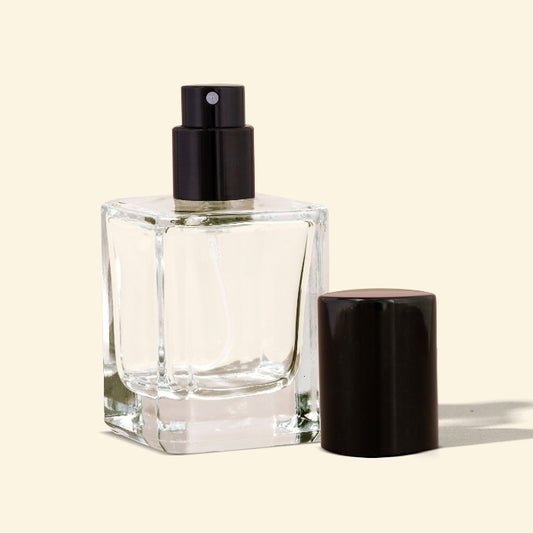
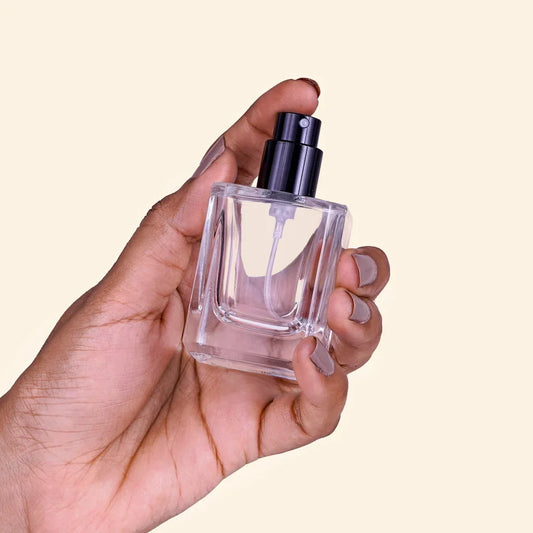
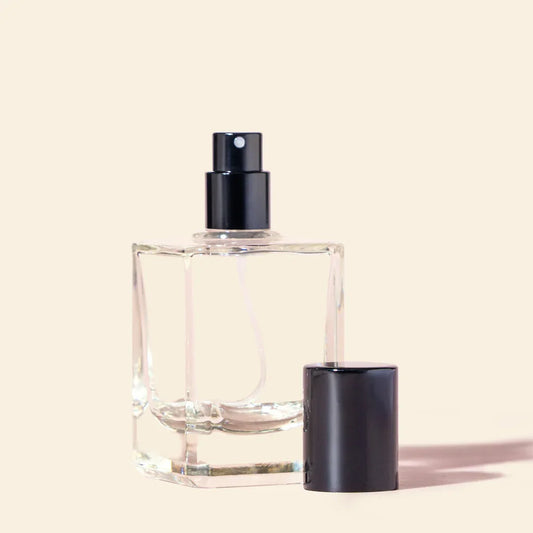
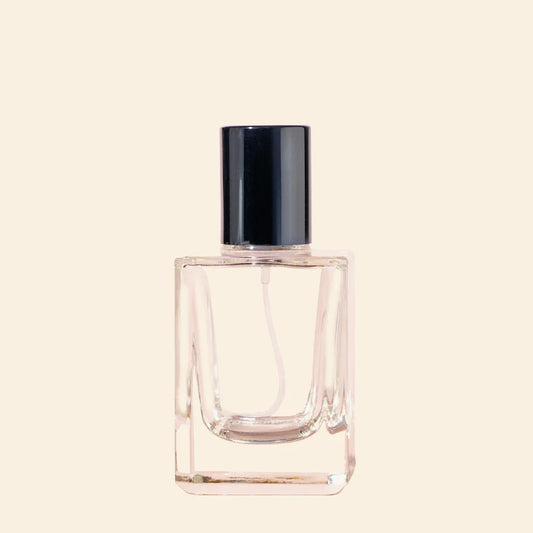
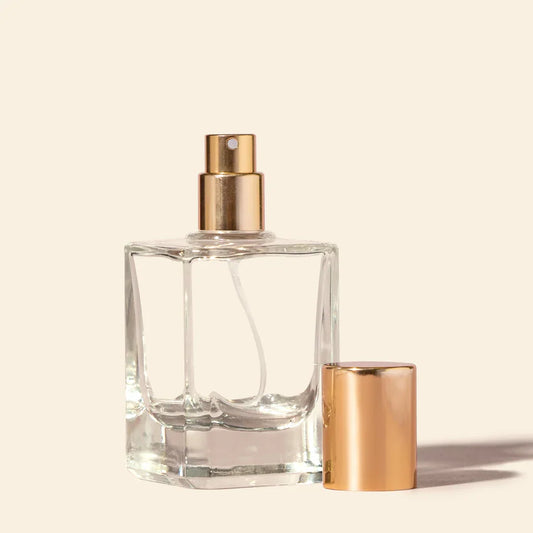
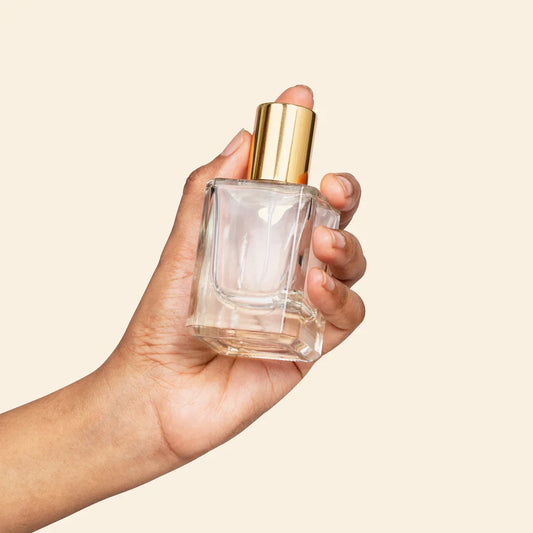
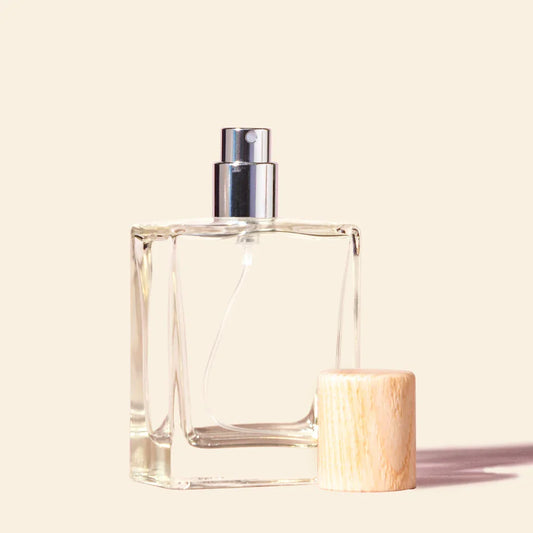
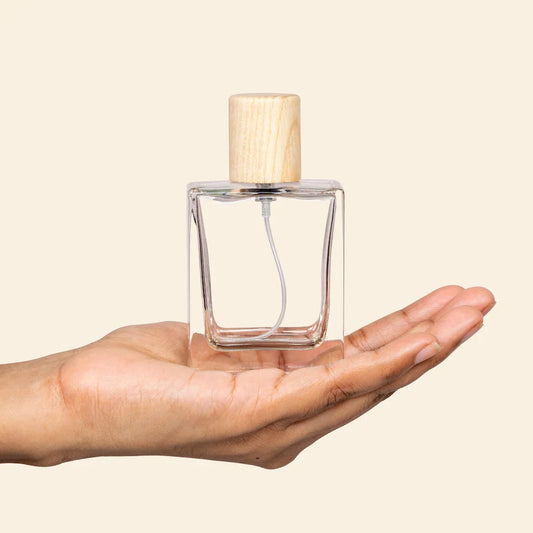
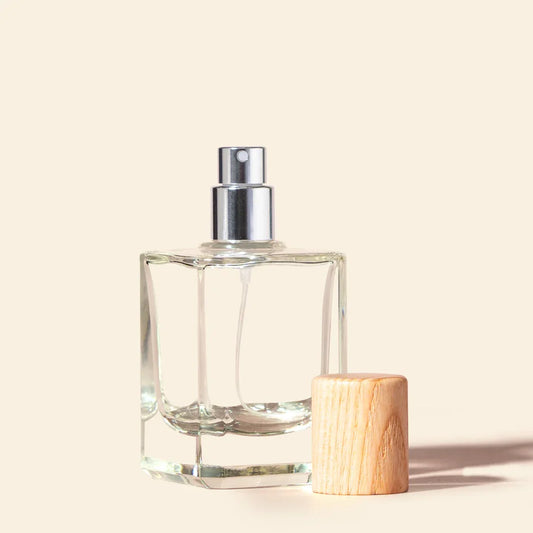
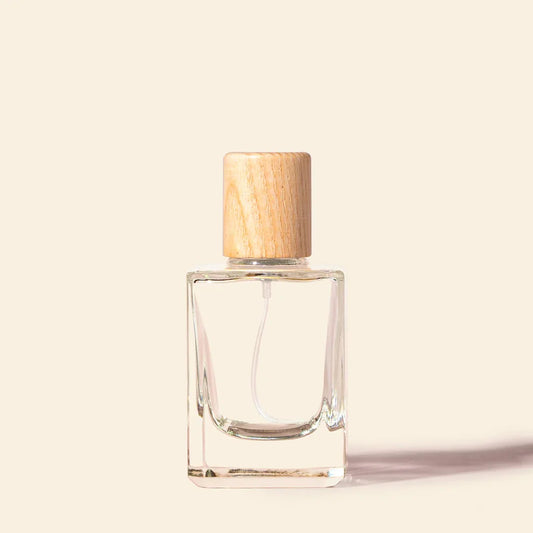
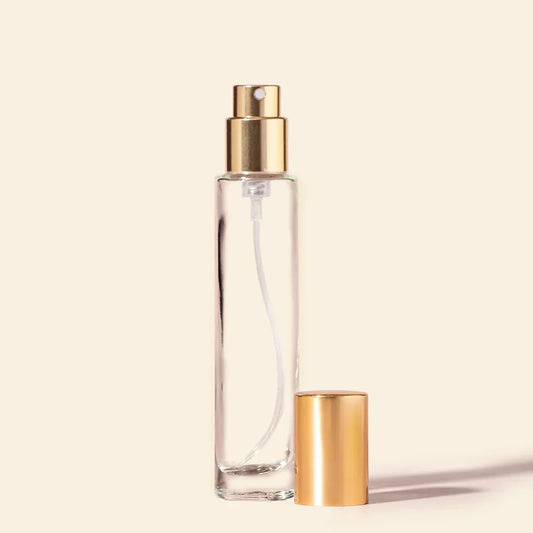
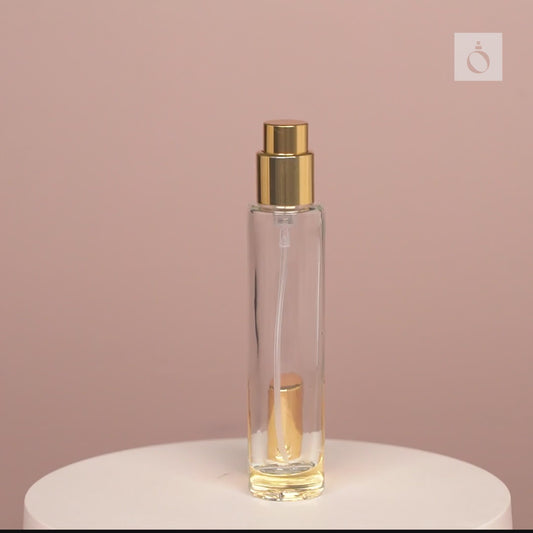
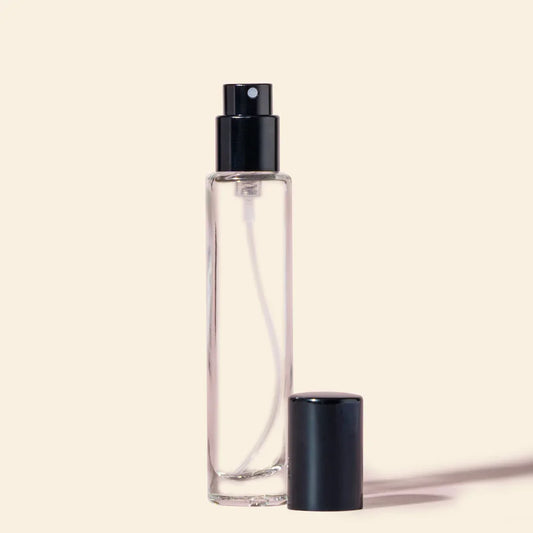
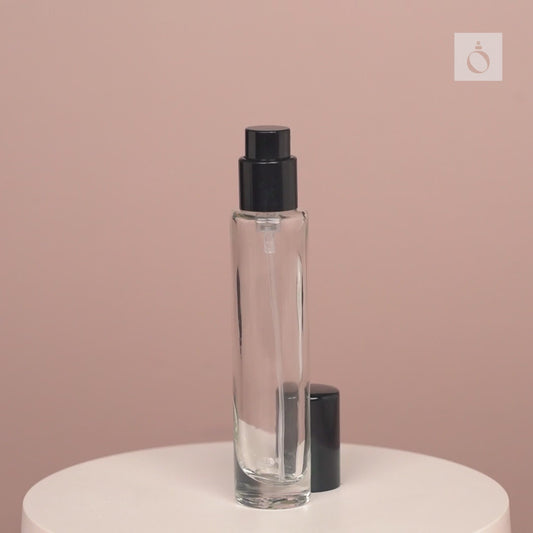
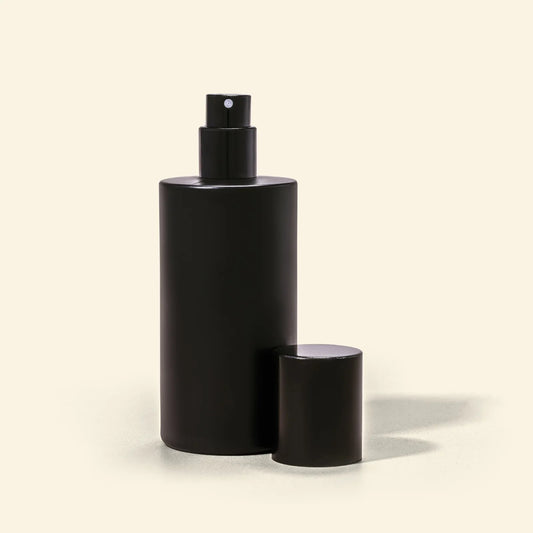
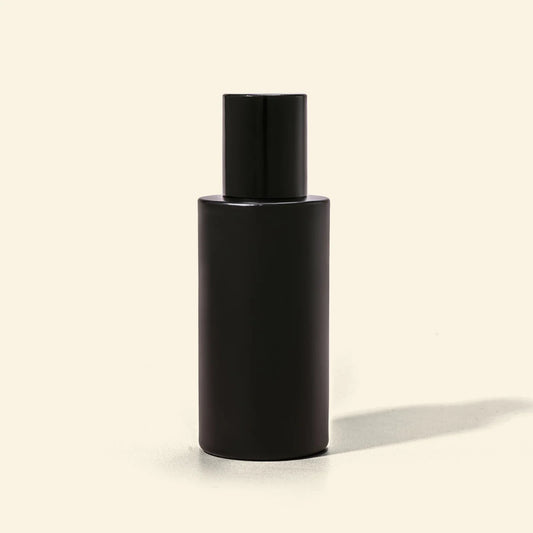
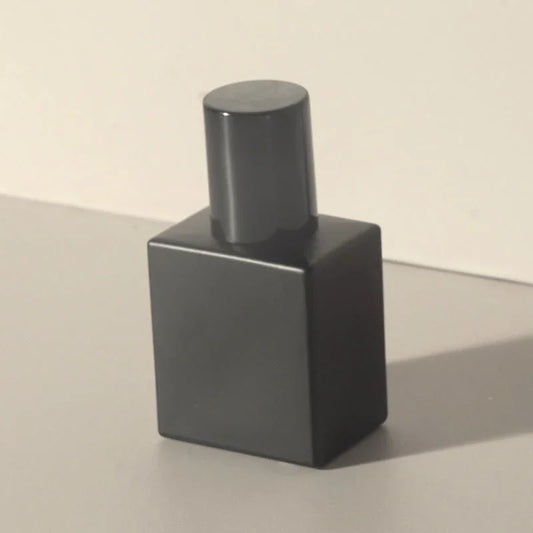
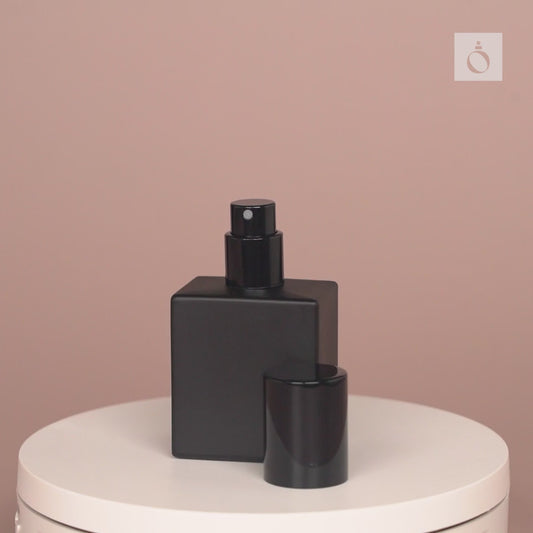
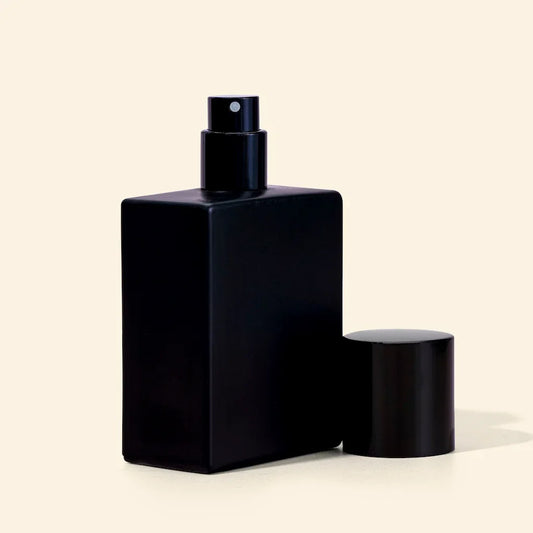
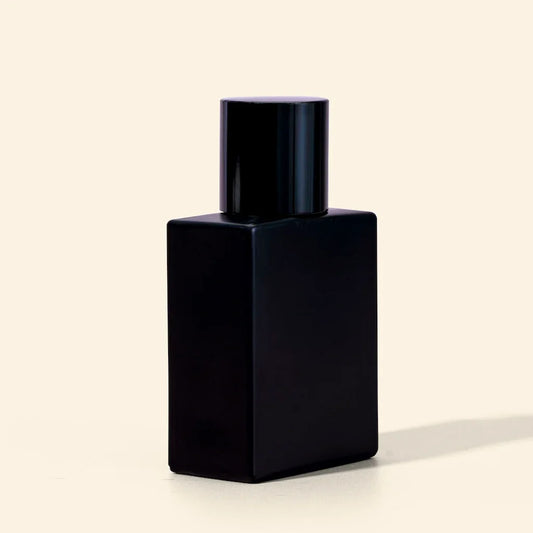
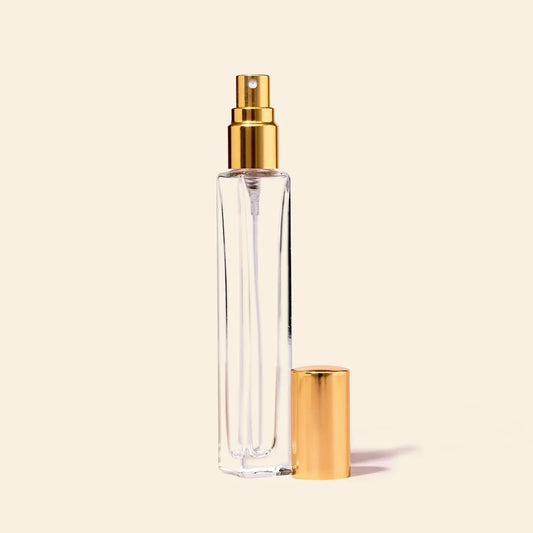
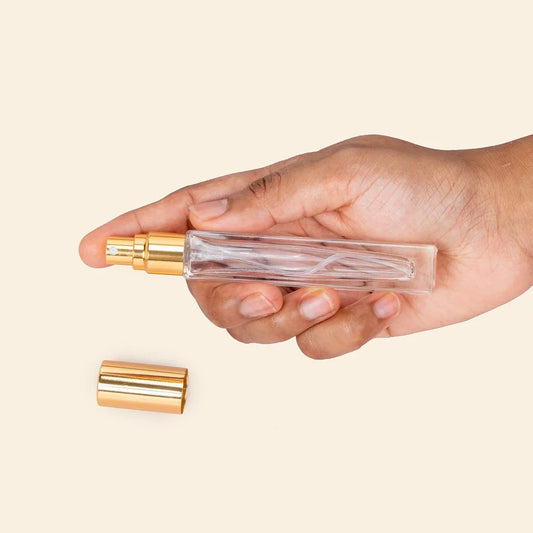
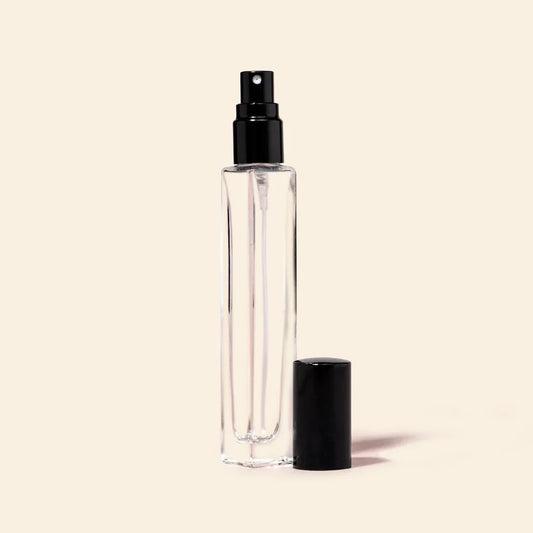
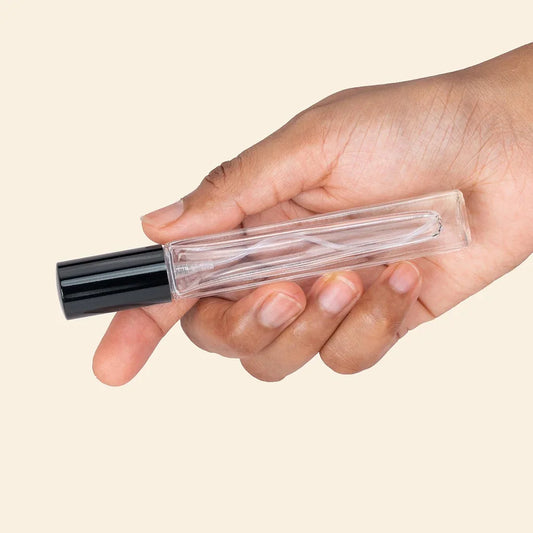
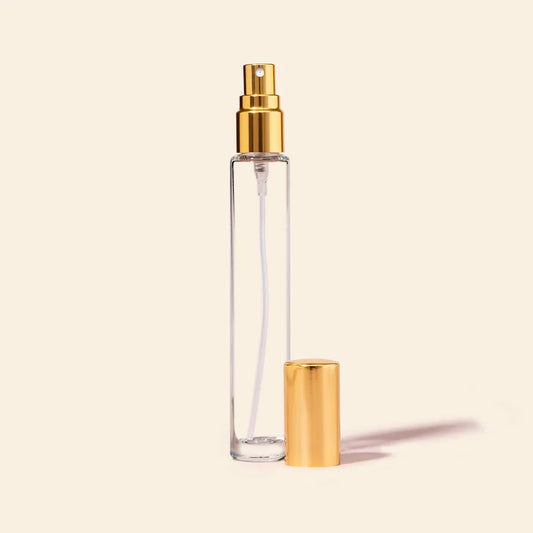
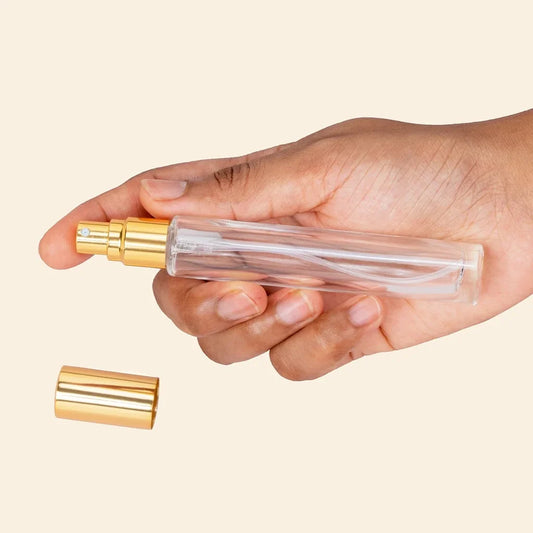
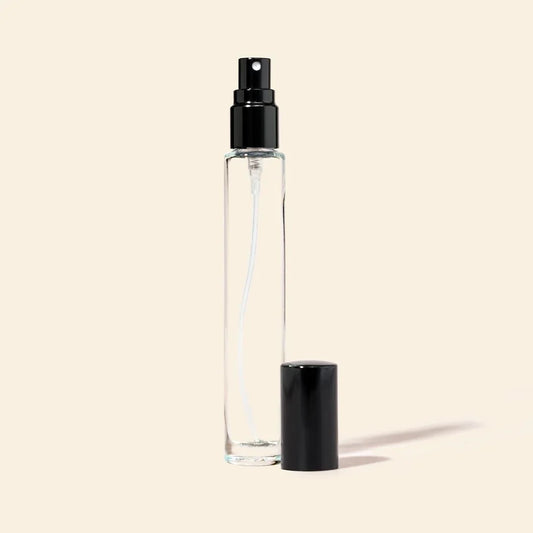
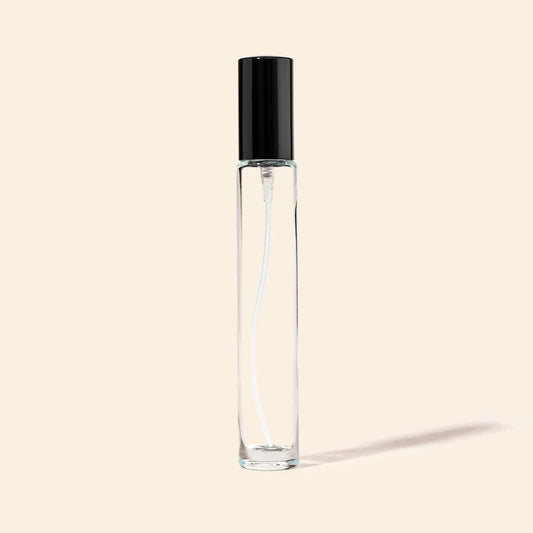
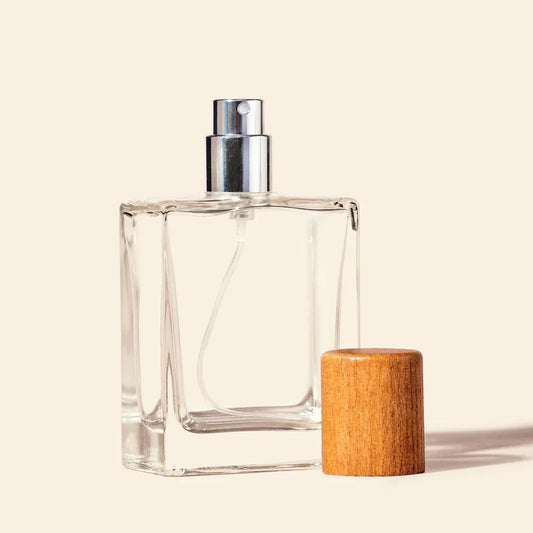
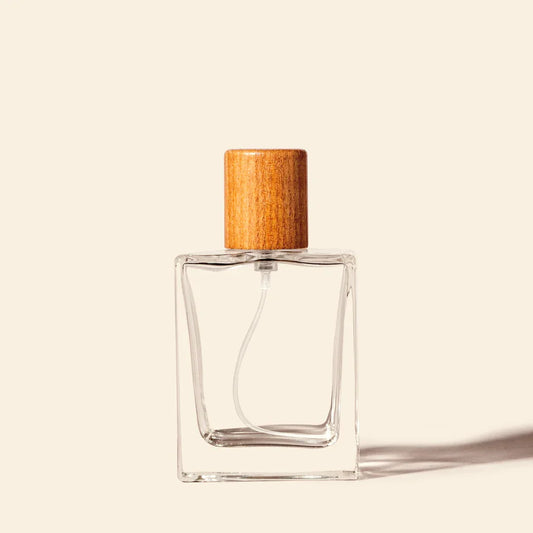
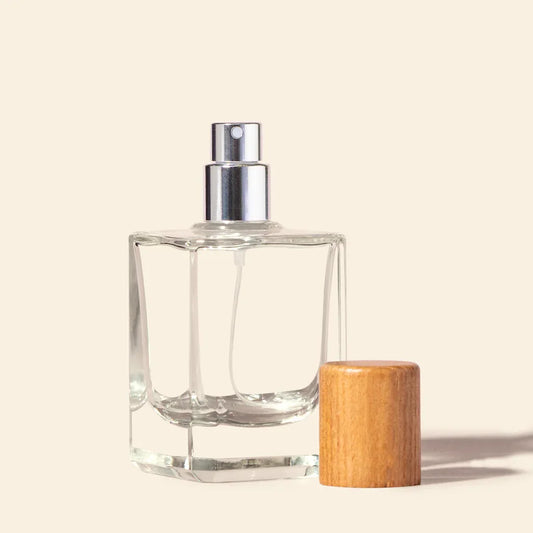
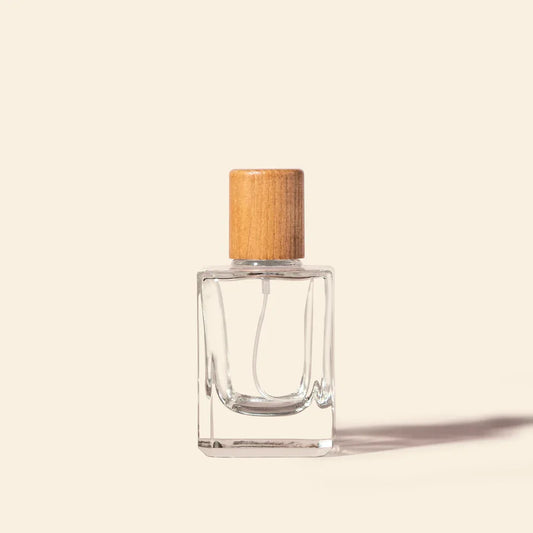
Leave a comment